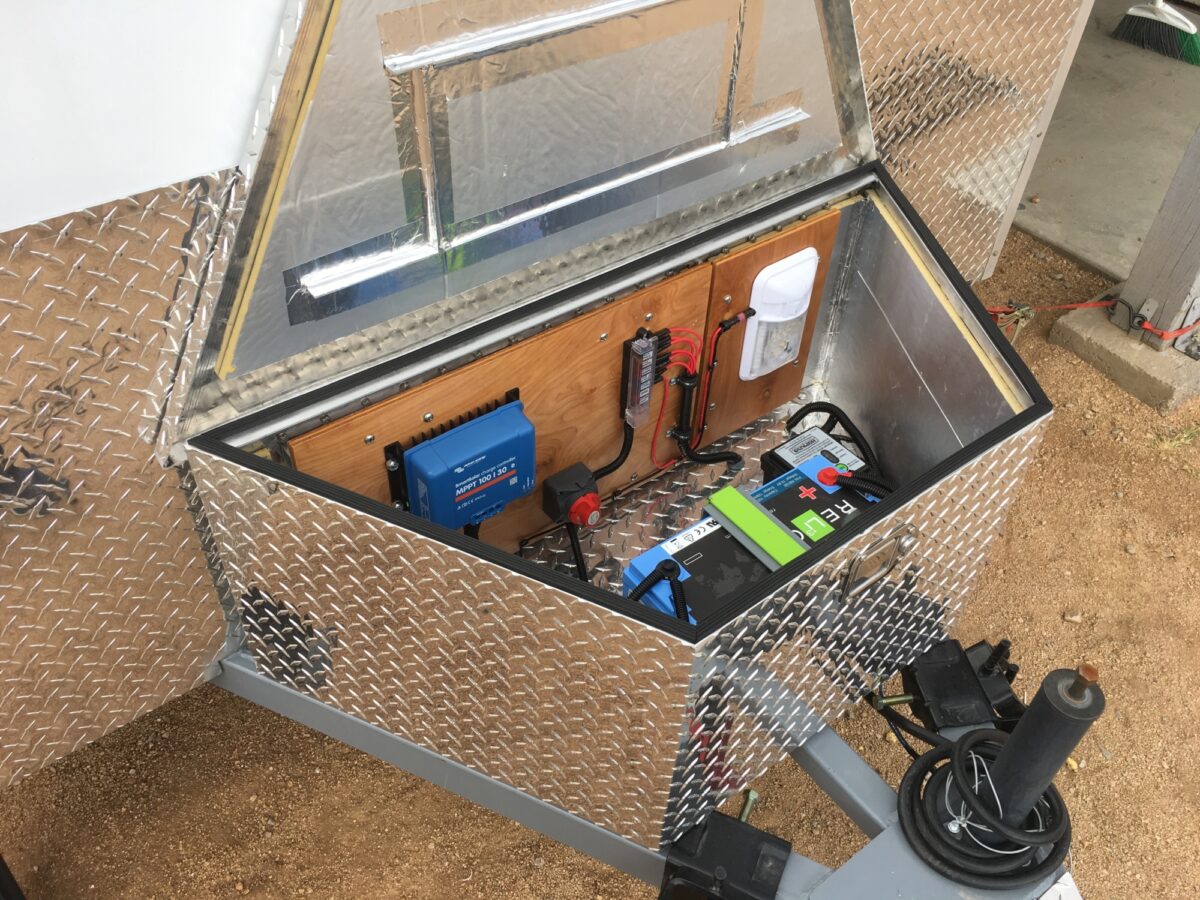In this video, we explain how under or over-watering causes premature battery failure with lead-acid batteries and how lithium batteries completely eliminate those issues.
This is part one of a two-part series so stay tuned for next week when we cover a few more common causes of lead-acid battery failure and the benefit of switching to lithium.
For more information you can check out: Tech Tuesday Videos
Transcript:
Hi, I’m Simon and for today’s Tech Tuesday we’re talking about the common causes of premature battery failure with lead-acid batteries and how lithium batteries completely eliminate those issues.
It doesn’t take much to significantly reduce the life of lead-acid batteries, no matter how diligent you are at taking care of them. There are several causes of premature lead-acid battery failure. We will cover the most common in a two-part series.
Today, we’re focusing on the effects of improperly watering a lead-acid battery.
Improperly watering a flooded, lead-acid battery, includes under-watering, over-watering or using tap or well water containing minerals or organic matter.
There are several negative impacts of under-watering lead-acid batteries. As the water evaporates and the level drops, the top of the battery plates will get exposed to air, and oxidize, rendering that part of the plates useless. The remaining electrolyte in the battery will be more concentrated with sulfuric acid, due to the un-replaced, evaporation of water, thereby accelerating corrosion. During charge, the battery will get excessively hot, further accelerating corrosion of the grids. This will result in reduced capacity and reduced life.
Over-watering a lead-acid battery, which is usually caused by watering the battery in a discharged state, causes the electrolyte to overflow out of the vent caps. This results in a loss of sulfuric acid from the electrolyte in the battery, which can never be replaced, as only water should be added to batteries. The loss of electrolyte will forever alter the chemistry of the battery as the specific gravity of the electrolyte will never be restored to its design criteria. Again, resulting in reduced capacity and life.
Incidentally, the over-flow of electrolyte also results in damage to the surrounding area such as vehicle chassis and concrete floors. It is not uncommon to see unsightly sulfuric acid stains on the floor beneath a battery charging station.
Tap or well water will most likely contain minerals and possibly organic matter, which will react with the battery chemistry and negatively impact performance. Lead-acid batteries must be watered with distilled water. This is rarely done in practice.
Even users with the best intentions, may forget to water their batteries or over water them at some point. With lithium batteries these issues are literally eliminated as there is no watering!
Tune in next week when we cover how improper charging, over-discharging and improper storage negatively impact the performance of lead-acid batteries and how LiFePO4 batteries eliminate all of these shortcomings. Thanks for watching.
